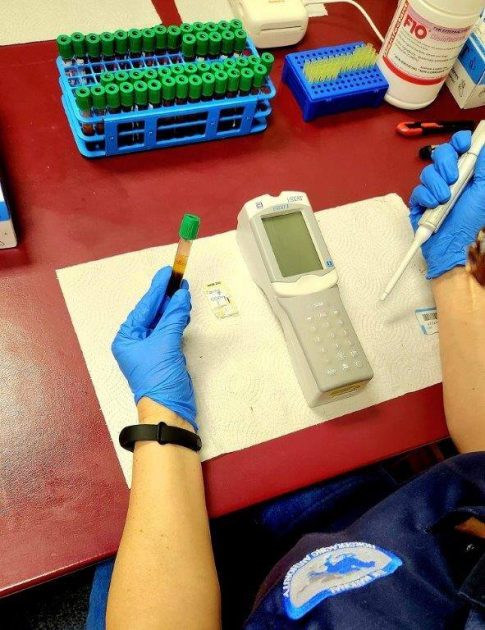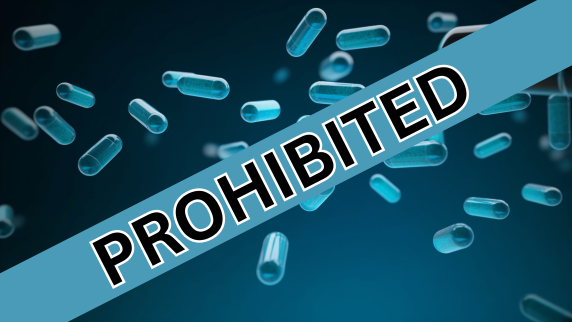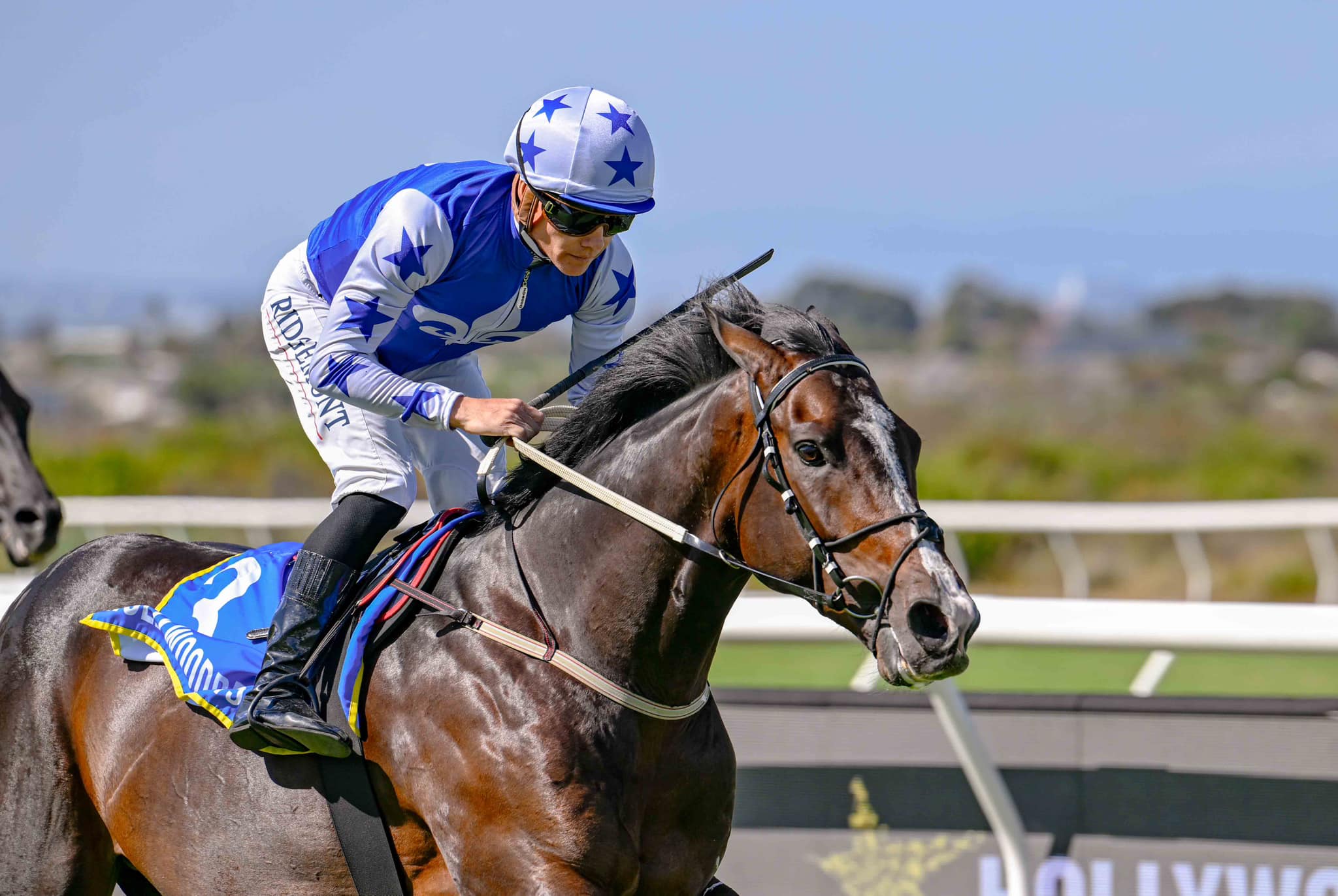In a media release published on the eve of another big weekend of racing, National Horseracing Authority CEO Vee Moodley has reinforced the fact that the racing regulator remains committed to maintaining the integrity of horse racing in South Africa by ensuring fair competition, prioritising horse welfare, and supporting the sport’s sustainability.
The NHA has increased its frequency and the number of runners selected for TCO2 testing with the ultimate goal to test every runner in the new season.

Vee Moodley – doing things in the interests of preserving the integrity of the sport (Pic – Supplied)
To address the potential unfair advantage of increased blood alkalinity on performance, which is internationally acknowledged, Total Carbon Dioxide (TCO2) analysis is now conducted on race days using an approved handheld blood gas analyser.
Since 2002, the NHA Laboratory has been screening all pre-race blood specimens for TCO2 using a Beckman analyser.
It is very likely that specimen handling and storage time may affect TCO2 stability in blood, the Abbott i-STAT handheld blood gas analyser was identified in 2005 as a suitable instrument for race-day TCO2 analysis.
A comprehensive study in South Africa from 2004 to 2008 compared 1 956 pre-race specimens analysed using both the Abbott and Beckman analysers, finding minimal variation between the two instruments. Repeated analysis of the same specimen on different i-STAT analysers produced consistent readings.
Each specimen is analysed using a brand-new cartridge, taking approximately four minutes, which include the time for the i-STAT analyser to identify and record the specific unique cartridge, perform the calibration, and the analysis of the specimen to ensure accurate results.
The study’s findings were presented at the 17th International Conference of Racing Analysts and Veterinarians (ICRAV) in Turkey in 2008 and published in the conference proceedings. Subsequently, other international racing jurisdictions adopted the i-STAT for TCO2 analysis of pre-race blood specimens.

TC02 testing with hand-held analysers (Pic – 4Racing)
In late 2023, pre-race blood specimen analysis for TCO2 indicated that a few horses displayed levels high enough to warrant further investigation by the NHA. In March 2024, the NHA published the procedure for TCO2 analysis using an approved handheld blood gas analyser on race day.
The first official use of the i-STAT occurred on 6 April, following a phasing-in period where pre-race blood specimens were once again analysed at the NHA laboratory using both the Abbott and Beckman analysers.
Between 6 April 2024 and 6 June 2024, a total of 1 351 TCO2 analyses were performed on 1 242 horses.
Of these, 89 horses (7.2%) tested above 35 mmol/L and were retested within a timeframe of 10 – 15 minutes later, with 20 horses (1.6%) withdrawn from races due to TCO2 levels above 36 mmol/L. The remaining 1 222 runners had levels between 26 and 36 mmol/L, consistent with the normal physiological range for Thoroughbred Racehorses.

Carbon Dioxide is classified as a Class 2 prohibited substance according to the Rules of the NHA, with a regulatory threshold of 36 mmol/L established in Article 6 of the International Agreement on Breeding, Racing and Wagering, published by the International Federation of Horseracing Authorities (IFHA).
This threshold was established internationally many years ago, primarily from the analysis of a large population of Thoroughbred Racehorses in Australia. Several factors can elevate TCO2 concentrations in horses, including dehydration, supplements, medications (alkalinising agents), feed, electrolytes and salts, ambient environment, and the horse’s clinical physiology.
The effects of transport and excitement have not been extensively studied locally or internationally. The NHA as a member of the IFHA accepts the international threshold as being reliable and robust, with the approved testing minimising the chance of false positives.
An alkalinising agent is any substance that may elevate a horse’s TCO2 levels when administered by any means, and thus, no person shall administer an alkalinising agent to a horse on race day.

Prohibited alkalinising agents include substances containing bicarbonates, citrates, succinates, acetates, propionates, maleates, lactates, alkaline water, and trometamol (THAM, Tris Buffer, or Tromethamine), as well as products marketed as urinary alkalinisers, neutralising agents, and lactic acid buffers.
Alkalinising agents in commercial feeds and balanced electrolyte supplements, when used according to the manufacturer’s recommendations, have a negligible effect on TCO2 levels.
Trainers are reminded that a TCO2 concentration in the blood above the threshold for a horse presented to race constitutes prima facie evidence of alkalinisation (regardless of the means or methodology by which the elevated levels were facilitated), or the use or administration of an alkalinising agent and will result in the horse’s withdrawal from the race.

If the taking of a specimen from a horse is refused by the trainer and/or the person in control of such horse, then that horse shall be withdrawn from the race in question.
The NHA has increased its frequency and the number of runners selected for TCO2 testing with the ultimate goal to test every runner in the new season.








